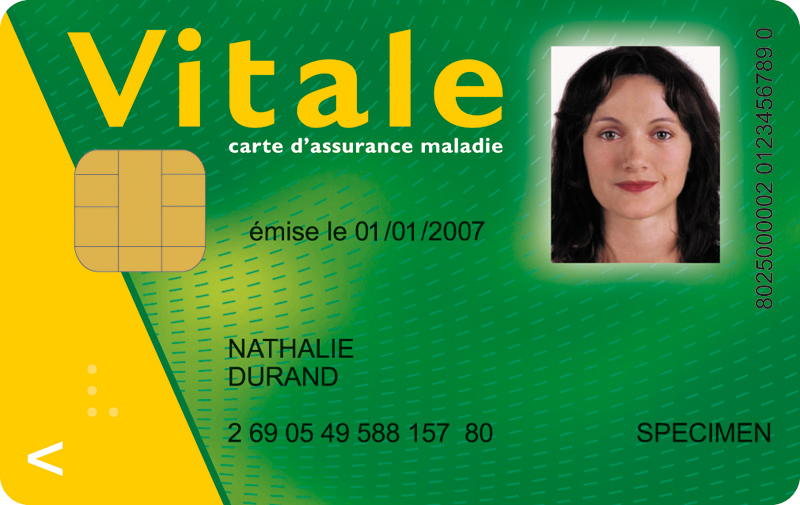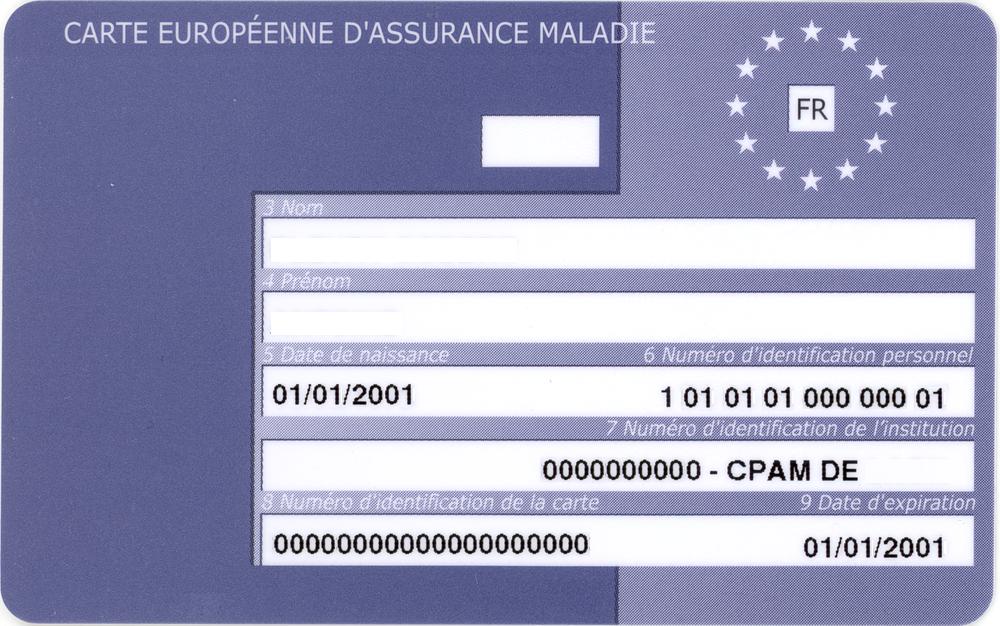Healthcare
Our Student Life team is dedicated to ensuring that every student has access to quality healthcare while studying in France.
From guiding students through the process of finding an English-speaking doctor to assisting with the registration process for French Social Security, we are here to support you every step of the way. Our team also offers recommendations for specialists and provides information on where to get certain health tests done. We understand that navigating healthcare systems can be daunting, especially in a foreign country, so we’re here to make the process as smooth as possible.
For information on PCA’s mental health services, please see our Counseling & Wellness page.
Applying for French Social Security
l’Assurance Maladie
International students staying in France for longer than one semester are required to register for France’s public health insurance, French Social Security (called l’Assurance Maladie when referring to its health services).
The French healthcare system is a tiered system. Students are encouraged to visit doctors registered within the first tier (conventionné secteur 1) in order to avoid accruing supplementary fees, which are associated with doctors functioning within the second and third tiers of the French healthcare system.
Registering under the French healthcare system and choosing an in-network “médecin traitant” (primary care physician) means that you pay a flat rate charge for doctor’s visits and certain tests, and up to 70% of your health expenses in France, like the cost of certain prescriptions, are reimbursable. Student Life also provides a list of English-speaking doctors, hospitals, and specialists in Paris. So long as hospitals and specialists operate in-network, students will receive partial reimbursement for these services too.
We assist new students with the process of registering for French Social Security. Students are eligible to register with the French Social Security system upon their arrival to France. Once they’ve completed the online registration process, they will receive a Social Security Number and be able to order a Carte Vitale, which is necessary to claim French public healthcare benefits, and reap the cost benefits of choosing an in network primary physician. This process can take between 2 to 6 months. In addition to health insurance, your French Social Security Number is used by other French governmental agencies like CAF (housing aid).
Upon receiving French health coverage, students can choose to purchase one of the many supplemental health insurance plans (called Mutuelle) to cover all or some of the roughly 30% of health costs not covered by Social Security. L’Assurance Maladie and a supplementary Mutuelle plan work in combination to provide students with extensive healthcare coverage at a minimal cost.
Students may waive this service by showing proof, in a timely manner, that they are: French citizens with French Social Security coverage, or EEC citizens with a European Health Insurance Card or an E-111 or E-109 form giving them reciprocity with the French Social Security, or are covered by an international insurance policy recognized as valid by the French Social Security.
Please keep in mind that the approval process for French Social Security can take up to six months. Students are required to demonstrate they have health insurance for the duration of their program or until such a time as they are successfully registered with Assurance Maladie.
Traveling within Europe
Once students have a Carte Vitale, they can go to their Ameli.fr portal online to request a free European Health Insurance Card (called a Carte Européenne d’Assurance Maladie). The card extends students’ health benefits in France to EEA countries, Switzerland, and the United Kingdom. If the need arises, students can receive medical treatment during their visit to any of these member states in the same way as they would in France – i.e. at a significantly reduced cost.

Example of a Carte Vitale, courtesy of Wikimedia Commons

Example of a Carte Européenne d’Assurance Maladie, courtesy of Wikimedia Commons
Health Measures on Campus
Individual protection/hygiene measures
- Wash your hands carefully and regularly with soap and water and wipe them with disposable paper preferably, in the absence of access to water, use hydro-alcoholic solution.
- Cover your mouth and nose with the crease in your elbow or a disposable handkerchief if you cough or sneeze.
- Blow your nose and spit only in disposable tissues, which you immediately throw in the trash.
- Avoid touching your eyes, nose and mouth.
What if I get sick during the semester?
It is very important that you find a general practitioner (“médecin traitant”) as soon as you get to Paris. Current students can find information on enrolling in FREE French health insurance as well as a list of English-speaking doctors on their mon.paris portal.
If you are ill or have any signs of illness within 24 hours prior to the class (fever, cough, breathing difficulties/shortness of breath, or other symptoms) you should not attend class. Send an email to your instructor with your chair in copy to announce that you will be absent, and then contact your medical provider.
Make sure at the beginning of the semester that you have contact information for other students in your class so that you can ask them for help to catch up if you have missed a class.
If you are ill for a long period of time you should discuss options for withdrawing from class with your department chair.
Attendance policy
All absences are noted. Substantial unannounced absences or late arrivals are factored into grades. Please note the following:
- Two late arrivals (more than 15 minutes) or early departures = one full absence
- One late arrival of more than 30 minutes = one full absence
- Two unannounced absences = excessive absence for a course that meets once per week; four unannounced absences = excessive absence for a course that meets twice per week
- If the course meets once a week, three absences are grounds for failure in the course. If the course meets twice a week, six absences are grounds for failure in the course.
What happens if a faculty member is ill?
As in any semester we will make our best effort to quickly find a replacement for a missing instructor and to catch up on any missed classes. Make-up classes can sometimes take the form of asynchronous assignments when it is difficult to schedule a face-to-face make-up class.
What is PCA's Covid-19 policy?
Members of the PCA Community are always encouraged to practice good individual hygeine measures to help keep everyone healthy. Wearing a mask on campus is optional.
If you are experiencing symptoms of Covid-19, please stay home, inform your department chair of your situation, and get tested. If someone in your household has tested positive for the coronavirus, keep the entire household at home. Do not come to school and contact your medical provider.
Appointments for a Covid-19 test can be booked online using the same tool that you can use to search and book a general practitioner or specialist appointment:
https://www.doctolib.fr/centre-depistage-covid/paris